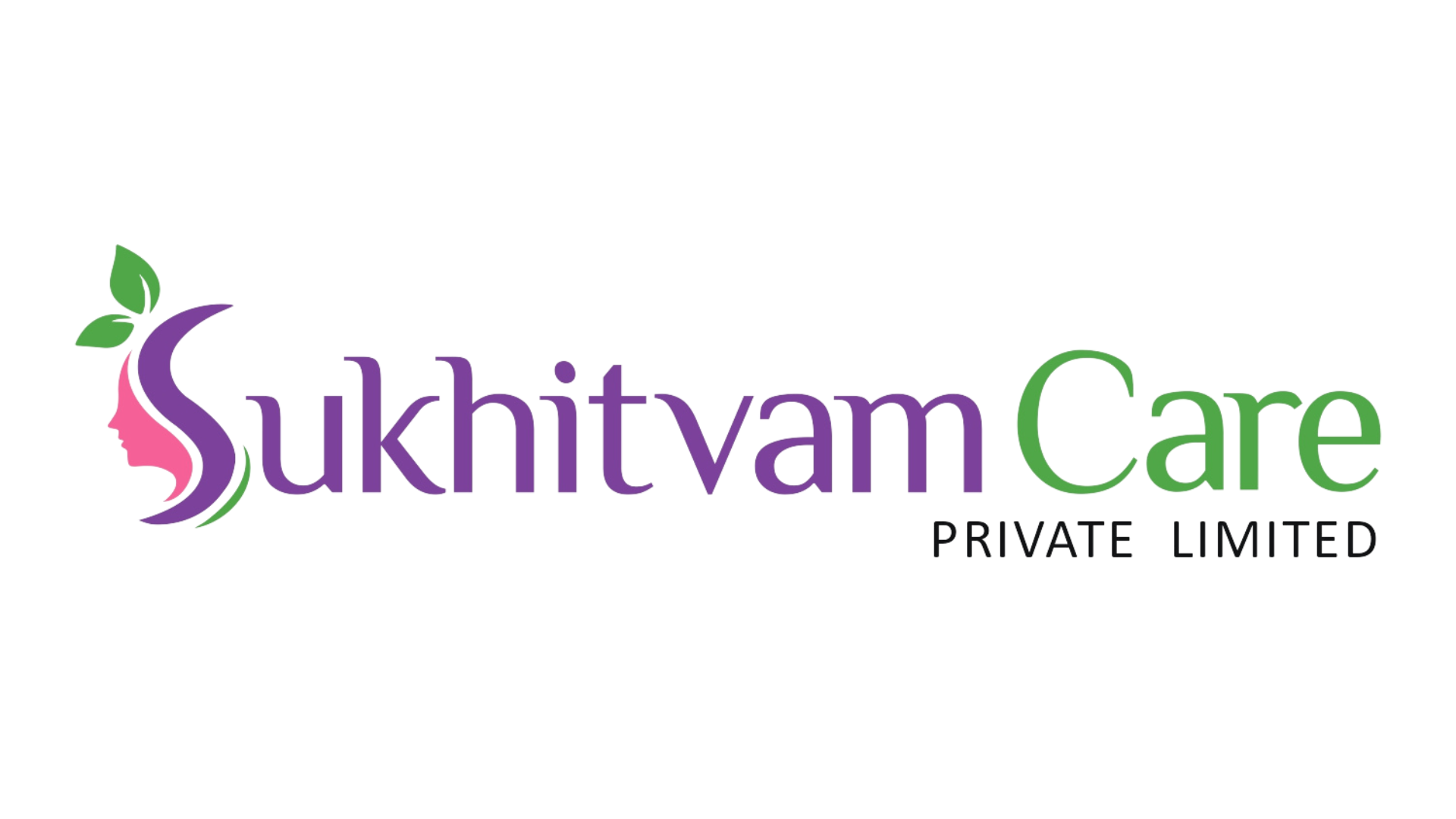
Postpartum Periods: Understanding the First Return of Menstruation
Welcoming a new baby is an extraordinary event, but it also comes with many questions about your body’s recovery. One common concern for many new mothers is the return of their postpartum periods. Whether you’re breastfeeding or not, your menstrual cycle may not resume immediately—and when it does, things might feel a little different.
Let’s break down what to expect when your period returns after childbirth.
When Do Postpartum Periods Start?
When Do Postpartum Periods Start?
The timing of your first postpartum period varies based on several factors, especially whether or not you’re breastfeeding. If you’re formula-feeding, your period may return as soon as six to eight weeks postpartum. For breastfeeding mothers, especially those who exclusively nurse, periods might not resume for several months—or even until you wean.This phenomenon is known as lactational amenorrhea, where breastfeeding delays the return of ovulation and menstruation.
What Will Your First Period Be Like After Childbirth?
Don’t be surprised if your first few postpartum periods are different from what you remember pre-pregnancy. Many women report:
- Heavier or lighter flow than usual
- Irregular cycles at first
- Increased cramping or changes in PMS symptoms
- Longer or shorter duration
Your uterus and hormonal balance are adjusting, so expect some variability in those first cycles.
How Can You Tell the Difference Between Lochia and Your Period?
After giving birth, your body releases lochia, a vaginal discharge that includes blood, mucus, and uterine tissue. It typically lasts up to six weeks and gradually changes from red to pink to white.
Unlike a period, lochia is continuous and not cyclic. If you experience bright red bleeding again after lochia has stopped, it might be your first postpartum period.
Is It Normal for Postpartum Periods to Be Irregular?
Yes, irregularity is totally normal during the postpartum phase. It may take a few cycles for your body to establish a regular menstrual pattern again. Hormonal fluctuations, stress, sleep deprivation, and breastfeeding all contribute to cycle changes.
Will Postpartum Periods Affect Breastfeeding?
While having your period doesn’t mean you have to stop breastfeeding, hormonal shifts can impact your milk supply and baby’s feeding behavior. You might notice a slight dip in supply or that your baby is fussier during feeds.
Maintaining hydration, eating a balanced diet, and continuing to nurse frequently can help minimize these changes.
When Should You See a Doctor About Postpartum Periods?
Always reach out to your healthcare provider if you experience:
- Soaking through a pad in an hour
- Severe pain or cramping
- Foul-smelling discharge
- Periods that haven’t returned after a year (and you’re not breastfeeding)
- Sudden changes in menstrual patterns after a few regular cycles
These could signal an infection, retained placenta, or other underlying issues.
Can You Get Pregnant Before Your First Postpartum Period?
Yes, ovulation can occur before you experience your first period, meaning you can get pregnant even if your cycle hasn’t resumed. If you’re not planning another pregnancy, speak to your doctor about birth control options suitable for postpartum.
What Can You Do to Manage Postpartum Period Discomfort?
Simple steps can ease any discomfort related to your return to menstruation:
- Use pads instead of tampons or menstrual cups during your first cycle to avoid risk of infection
- Apply a heating pad to relieve cramps
- Stay hydrated and rest as much as possible
- Track your symptoms and flow to notice patterns
How Long Do Postpartum Periods Last?
Initially, your periods may last longer or shorter than usual. While most women return to a typical 3–7 day cycle over time, fluctuations are normal in the early months postpartum.
Will Your Period Ever Be the Same Again?
Some women find that their periods return exactly as before pregnancy, while others notice permanent changes. Factors that can affect this include:
- Hormonal changes
- Use of birth control
- Weight fluctuations
Overall health and stress levels
Conclusion: Embracing the Changes of Postpartum Periods
Your body undergoes significant transformation during and after pregnancy, and postpartum periods are just one part of that journey. While they may arrive with a few surprises, staying informed and connected with your healthcare provider ensures you navigate this phase with confidence.
Remember, every woman’s experience is unique. Don’t hesitate to seek support if something doesn’t feel right.
FAQs About Postpartum Periods
How soon after childbirth can I expect my period to return?
If you’re not breastfeeding, it might return in 6–8 weeks. If you’re nursing, it could take several months.
Are heavy postpartum periods normal?
Yes, the first few cycles may be heavier or more painful due to uterine recovery and hormonal shifts.
Can breastfeeding delay periods?
Absolutely. Exclusive breastfeeding often delays the return of menstruation due to lactational amenorrhea.
Is it safe to use tampons during my first postpartum period?
It’s better to avoid tampons for at least six weeks postpartum to reduce infection risk.
What if I haven’t had my period in a year postpartum?
If you’re not breastfeeding and your period hasn’t returned in a year, consult a healthcare provider.Can I get pregnant before my period returns?
Yes. Ovulation happens before menstruation, so pregnancy is possible without a prior period.

